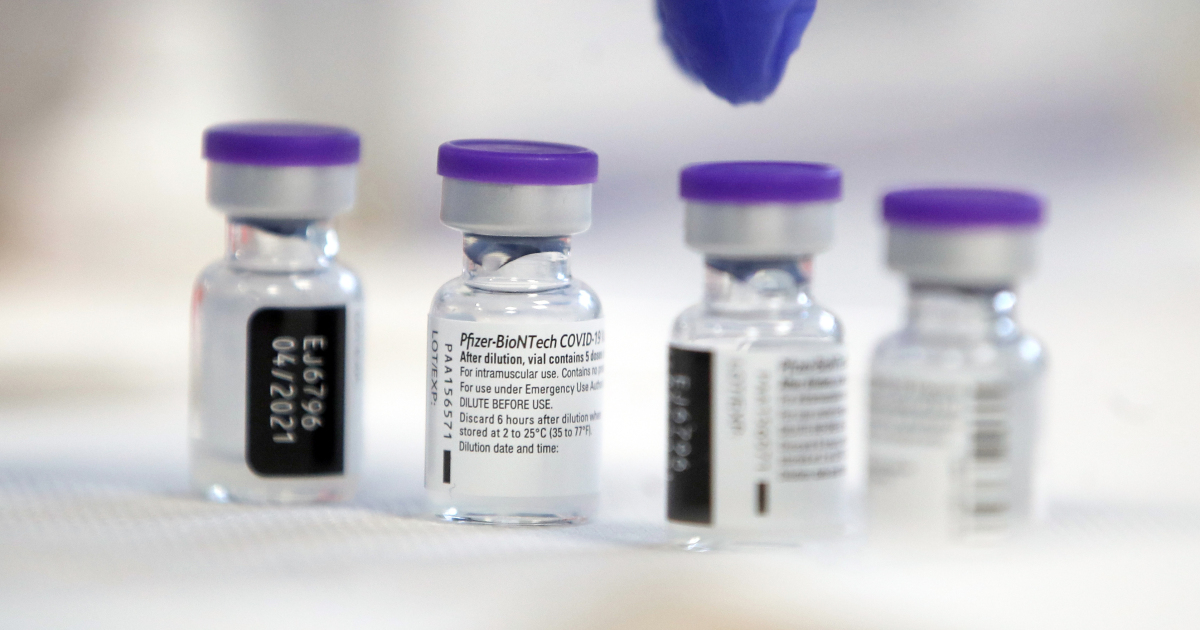This post may refer to COVID-19
To access official information about the coronavirus, access CDC - Centers for Disease Control and Prevention.

www.aljazeera.com
South African variant can ‘break through’ Pfizer vaccine: Study
Israeli study shows Pfizer-BioNTech shot less potent against B.1.351 variant than other COVID-19 mutations.
Health
The coronavirus variant discovered in South Africa can “break through” Pfizer-BioNTech’s COVID-19 vaccine to some extent, a study in Israel found.
The South African coronavirus variant managed to penetrate the protection offered by two doses of the Pfizer-BioNTech vaccine to some degree, though it remains unclear just how much efficacy is lost, it said.
The research, released on Saturday, compared nearly 400 people who tested positive for COVID-19 two weeks or more after they received one or two doses of the vaccine, against the same number of unvaccinated patients with the disease.
It matched age and gender, among other characteristics.
The South African variant, B.1.351, was found to make up about 1 percent of all the COVID-19 cases across all the people studied, according to the study by Tel Aviv University and Israel’s largest healthcare provider, Clalit.
But among patients who had received two doses of the vaccine, the variant’s prevalence rate was eight times higher than those unvaccinated – 5.4 percent versus 0.7 percent.
This suggests the vaccine is less effective against the South African variant, compared with the original coronavirus and a variant first identified in Britain that has come to comprise nearly all COVID-19 cases in Israel, the researchers said.
“We found a disproportionately higher rate of the South African variant among people vaccinated with a second dose, compared with the unvaccinated group. This means that the South African variant is able, to some extent, to break through the vaccine’s protection,” said Tel Aviv University’s Adi Stern who led the study.
























































